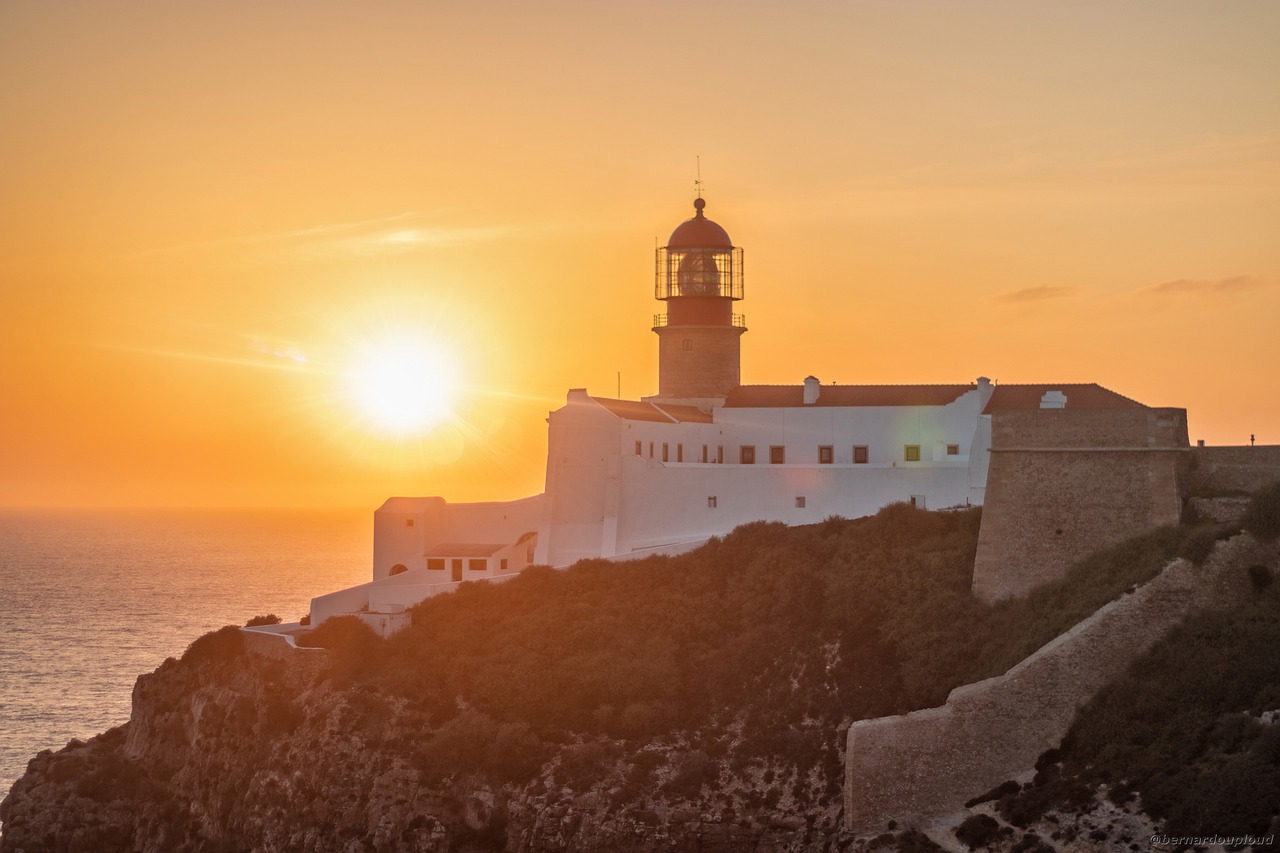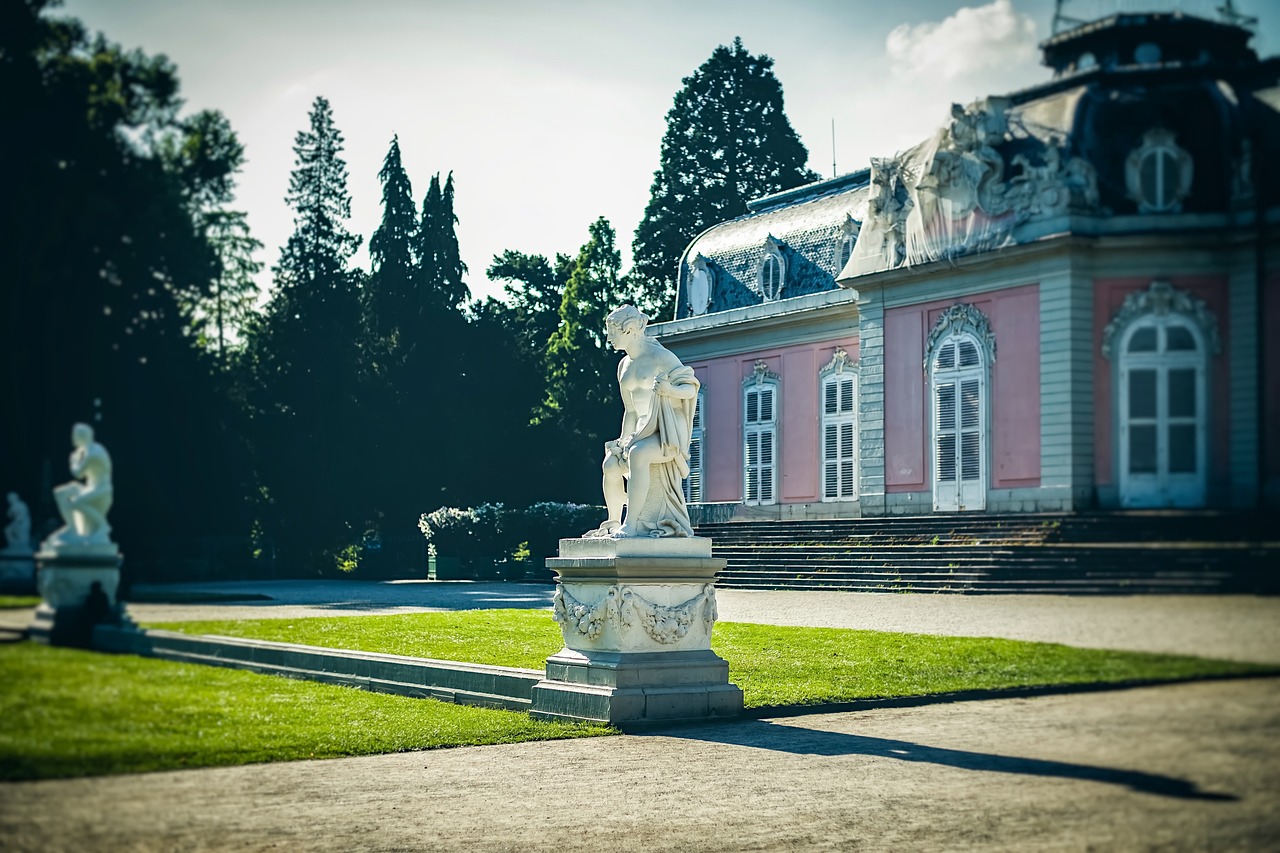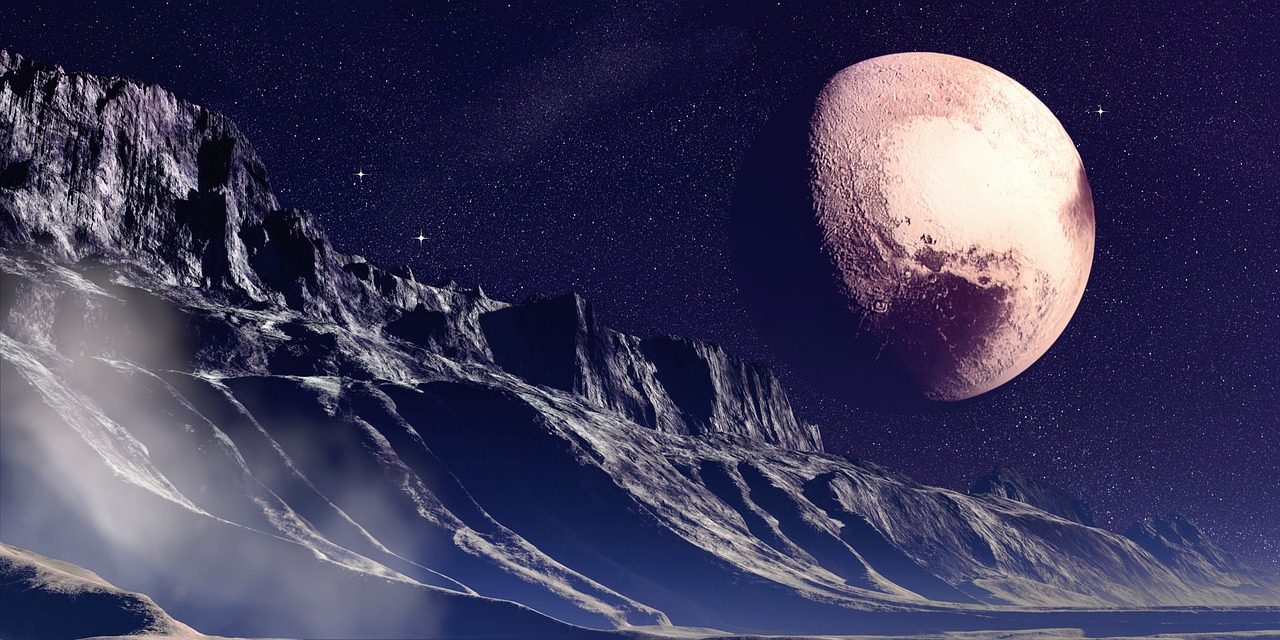Tag: Roman mythology
-
In the early light of dawn, an ancient entity captures our imagination, once resonating deeply within the Roman Empire: Sol, the revered sun god. We are not merely perusing the age-worn records of Rome; rather, we embark on an exploration of a vibrant sphere of mythology that continues to illuminate the arc of human history,…
-
In the realm of Roman mythology, Vulcan, also referred to as Vulcanus, stands as the god of fire, metalworking, and craftsmanship. He is the Roman equivalent of the Greek deity Hephaestus. Often portrayed as a master blacksmith and artisan, Vulcan is celebrated for his skill in forging an array of metal creations, including robust weapons…
-
Pomona, revered as the ancient Roman goddess of fruit trees and orchards, owes her name to the Latin term ‘pomum’, which translates to fruit or orchard-grown fruit. Unlike many Roman deities, Pomona stands out as an exclusively Roman figure, with no direct equivalents in Greek mythology, although comparisons can be drawn with Demeter, the Greek…
-
In the realm of ancient Roman mythology, Pluto emerged as the deity governing the Underworld, presiding over the domain of the deceased. Often referred to as Dis Pater or Orcus, Pluto was the Roman equivalent of the Greek god Hades. He was portrayed as a serious and somber figure, emblematic of death and the afterlife.…
-
Overview of Roman Religion Known also as Roman mythology, Roman religion encompasses the beliefs and practices of the people inhabiting the Italian peninsula from ancient periods up until the rise of Christianity in the 4th century CE, referred to as Classical antiquity. The Romans, as noted by the orator Cicero, excelled in understanding a vital…
-
In the realm of Roman mythology, the goddess Luna stands out as a luminous and captivating entity, revered for her mystical association with the moon. As the deity presiding over the moon, she encapsulates the enigmatic traits of the night sky, capturing the imaginations of people who have marveled at her shimmering light for ages.…
-
Juno, the Roman goddess, played a dual role as protector of the state and guardian of women’s lives. Often viewed as the Roman equivalent of Hera, she was the sister and wife of Jupiter, the supreme Roman deity, and was associated with the goddess Minerva. Together, these three were venerated on the Quirinal Hill in…
-
Bellona, the formidable deity associated with war in ancient Rome, represented a potent force linked to conflict, devastation, and martial prowess. As a key figure in the Roman pantheon, she garnered significant attention in the artistic expressions of later eras. Often depicted in battle attire, adorned with a helmet, and wielding weaponry such as shields,…
-
Pomona, revered in ancient Roman tradition, embodies the deity of fruit trees and orchards, deriving her name from the Latin term ‘pomum’, which translates to fruit or orchard fruit. Unlike many Roman deities who have Greek counterparts, Pomona stands uniquely Roman, occasionally likened to Demeter, the Greek goddess associated with harvests. Artistic renditions often showcase…
-
The earth, known as Tellus in Roman lore, held a significant place in Roman religion and mythology. As a counterpart to Jupiter, the deity of the sky, Tellus was viewed as a goddess of the underworld, often associated with Dis and the ancestral spirits (Manes). The act of taking an oath in her name involved…









